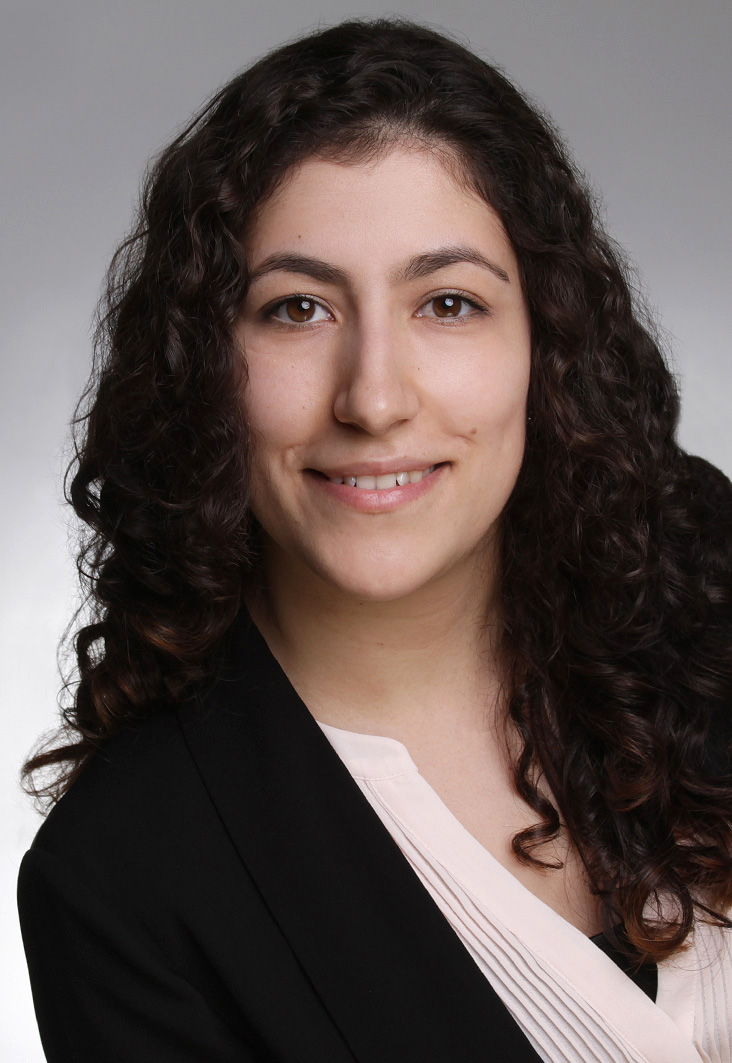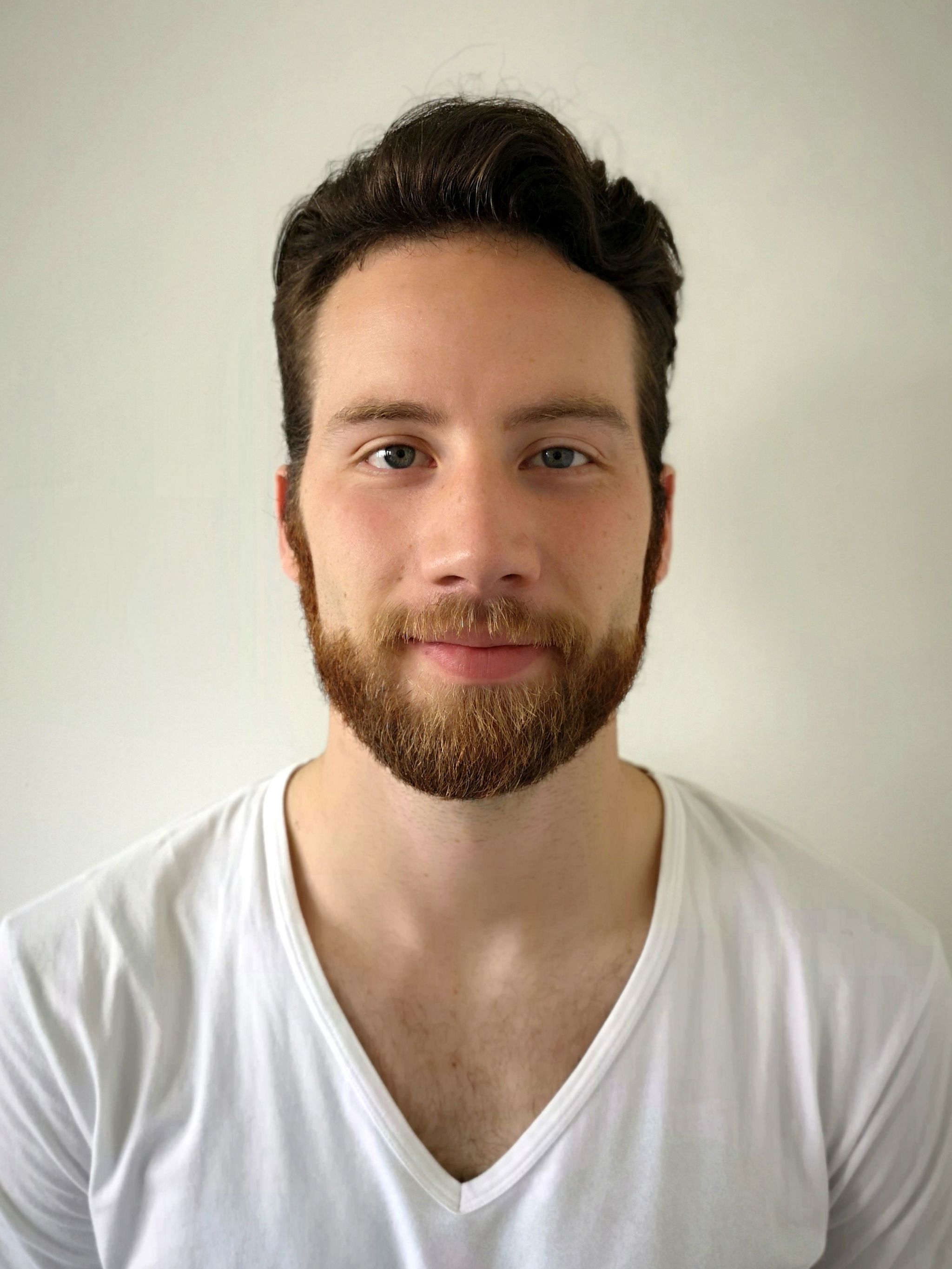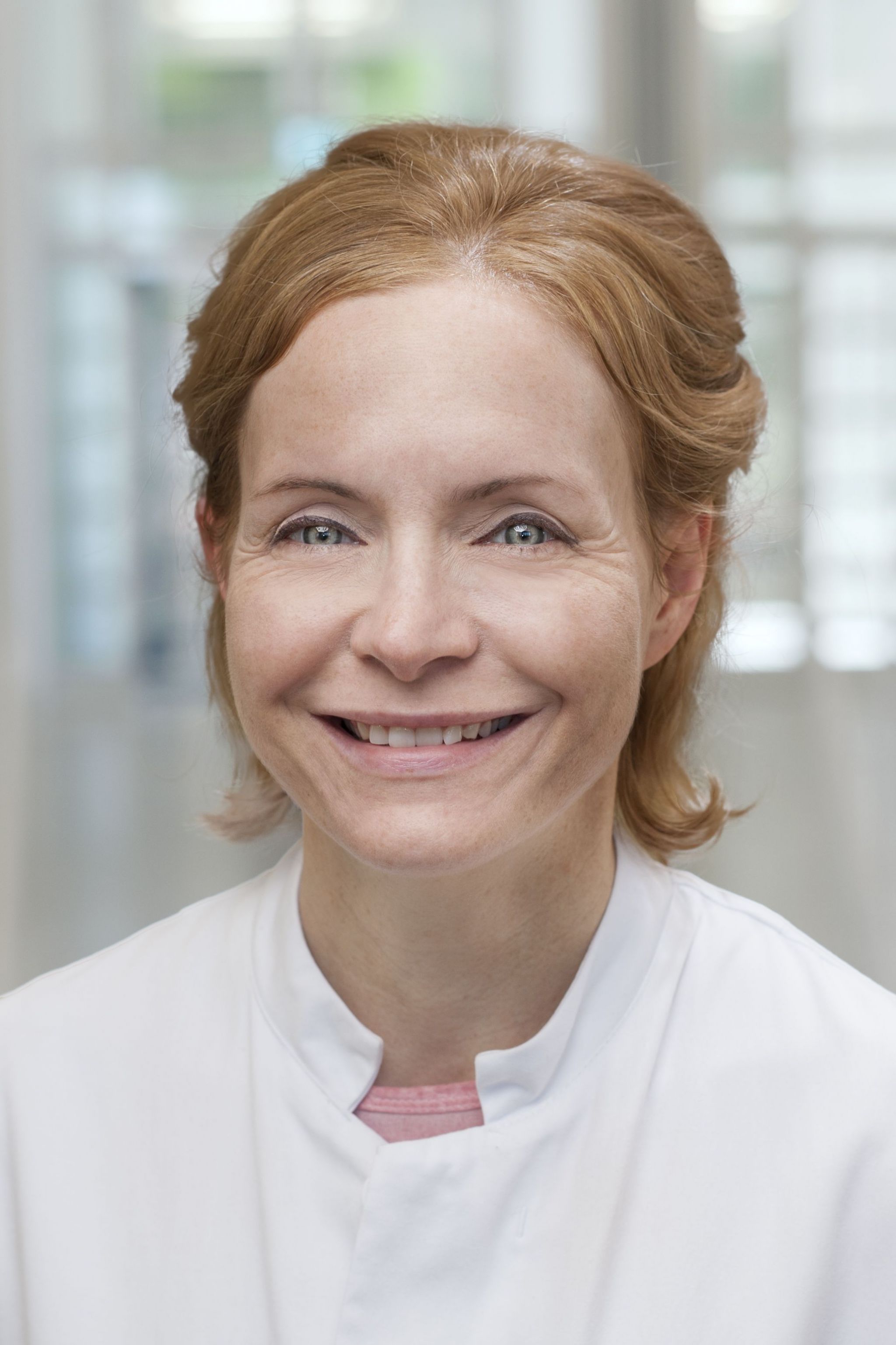Technology Expertise Networks and Core Facilities Essen/Düsseldorf
Genomics and Transcriptomics Facility (GTF), University Hospital Essen
The Genomics and Transcriptomics Facility (GTF) conducts Affymetrix microarray analysis and "Next Generation Sequencing" for the Departments of the local Faculty of Medicine, the University of Duisburg-Essen and various collaborative basic research projects as well as clinical trials.
Visit the Genomics and Transcriptomics Facility (GTF) of the University Hospital Essen
Imaging Facility IMCES, University Hospital Essen
IMCES is a core facility within the Institut für Experimentelle Immunologie und Bildgebung at the Faculty of Medicine, Universitätsklinikum Essen and Universität Duisburg-Essen. The facility brings together state-of-the-art equipment and expertise in light and electron microscopy, in vivo and intravital imaging, and image analysis. These services are available to all researchers, irrespective of location and affiliation.
The IMCES laboratories and microscopy rooms have permission for working at the S1 and S2 biological safety level.
Visit the IMCES Facility Homepage
WTZ Precision Oncology Program (WTZ-POP) and WTZ Immune Oncology Program (WTZ-IOP)
Since 2012 all patients with advanced cancers presenting to the West German Cancer Center (WTZ) of University Hospital Essen, one of 13 German Oncology Centers of Excellence designated by the German Cancer Aid, are offered participation in WTZ-POP and WTZ-IOP. The program was developed based on a pilot study in breast cancer patients starting in 2010 (Welt A et al. Breast Cancer Treat 2013). Patients eligible for systemic cancer therapy and study treatment are offered "preemptive" analysis of a broad biomarker panel including NGS-based panel sequencing, immunohistochemistry, in situ hybridization and others (Wiesweg et al. Eur J Cancer 2013). All biomarkers are selected based on their relation to clinically approved medicines or active precision oncology and immunooncology studies. Biomarker findings are linked with clinical data and treatment information and are following longitudinally in the WTZ Tumor Documentation System. Each year approximately 500 patients are studied within WTZ-POP and WTZ-IOP, and the data base already comprises more than 2,000 patients. Focus entities include lung cancer, melanoma, gastrointestinal cancers including pancreatic and biliary tract cancers, sarcoma and GIST, and breast cancer. By these programs patients with advanced cancers are effectively offered access to precision therapies particularly within clinical trials (Flaherty et al., N Engl J Med 2012, Sequist et al., J Clin Oncol 2013, Shaw et al. N Engl J Med 2014, Robert et al., N Engl J Med 2015, Brahmer et al. N Engl J Med 2015, Hyman et al. N Engl J Med 2015, Larkin et al. N Engl J Med 2015). In addition, this prospective and unbiased program including comprehensive documentation of clinical findings enables clinical characterization and validation of prognostic and predictive biomarkers, and studies of patient benefits of precision oncology and immunooncology (Zimmer et al., J Clin Oncol 2012, Schadendorf et al, J Clin Oncol 2015, Reis et al. Lung Cancer 2015, Wiesweg et al. J Thorac Oncol 2016).
TSCR Essen
The DKTK Department for Translational Skin Cancer Research (TSCR) at its partner site in Essen was founded in 2014 and offers biological and immunological analyses of biomaterials obtained from skin cancer patients.
We are focused on the characterization of immunological processes of tumor recognition and control by the adaptive immune system. For this purpose, blood and tissue samples are examined. We carry out corresponding analyses both in retrospective patient cohorts as well as within the framework of prospective clinical trials.
A selection of clinical trials with chaperoned translational studies include:
- IMMOMEC: IMmune MOdulating strategies for treatment of MErkel Cell Carcinoma; within the 7th Framework Programme of the EU.
- IMMUNED: Nivolumab versus Nivolumab/Ipilimumab versus placebo for patients with stage IV Melanoma with No Evidence of Disease (NED); Investigator-Initiated Trial (IIT) of the Dermatologic Cooperative Oncology Group (DeCOG).
- ADMEC-O: Nivolumab versus Observation in Merkel Cell Carcinoma; IIT of the DeCOG.
- AliCe: Avelumab in combination with cetuximab in non-resectable stage III and IV of cutaneous Squamous Cell Carcinoma; IIT of the DeCOG.
- BoneMet: PD-1 immune checkpoint blockade in combination with Denosumab for patients with stage IV melanoma and bone metastases; IIT of the DeCOG.
- MCC TRIM: Non-interventional study of Merkel Cell Carcinoma within the established blueprint of the prospective German skin cancer registry; ADOREG.
We use cutting-edge methodologies based on multiplexed, high-resolution and high-throughput technologies facilitating providing detailed and in depth information, despite small sample sizes.
Our current method spectrum includes, among others:
- Single cell RNA sequencing: Multiplex technologies (10x Genomics) are used to scrutinize the expression profile of individual cells within complex tumor tissue samples. This enables accurate reproduction of the cellular composition of the tumor microenvironment.
- T-cell receptor sequencing: By ImmunoSeq the T-cell receptor repertoire is deciphered and the dynamics of immune responses are tracked. Algorithms like "GLIPH" (Grouping of Lymphocyte Interactions by Paratope Hotspots) allow to unravel and to de-complex of the antigen-specificity of the T cell receptor repertoire. These investigations are interpreted in combination with single cell VDJ/RNAseq data.
- NanoString (gene expression analysis): This technique allows the characterization of immune-relevant and tumor-associated processes the, including analysis of "low quality" tumor samples (i.e., FFPE).
- Multiplexed immunofluorescence staining: Differentiation of the tumor microenvironment in histological tumor sections by simultaneous 7-fold immunostaining. Antibody panels for both the immune infiltrate and the stroma have been established.
Contact



